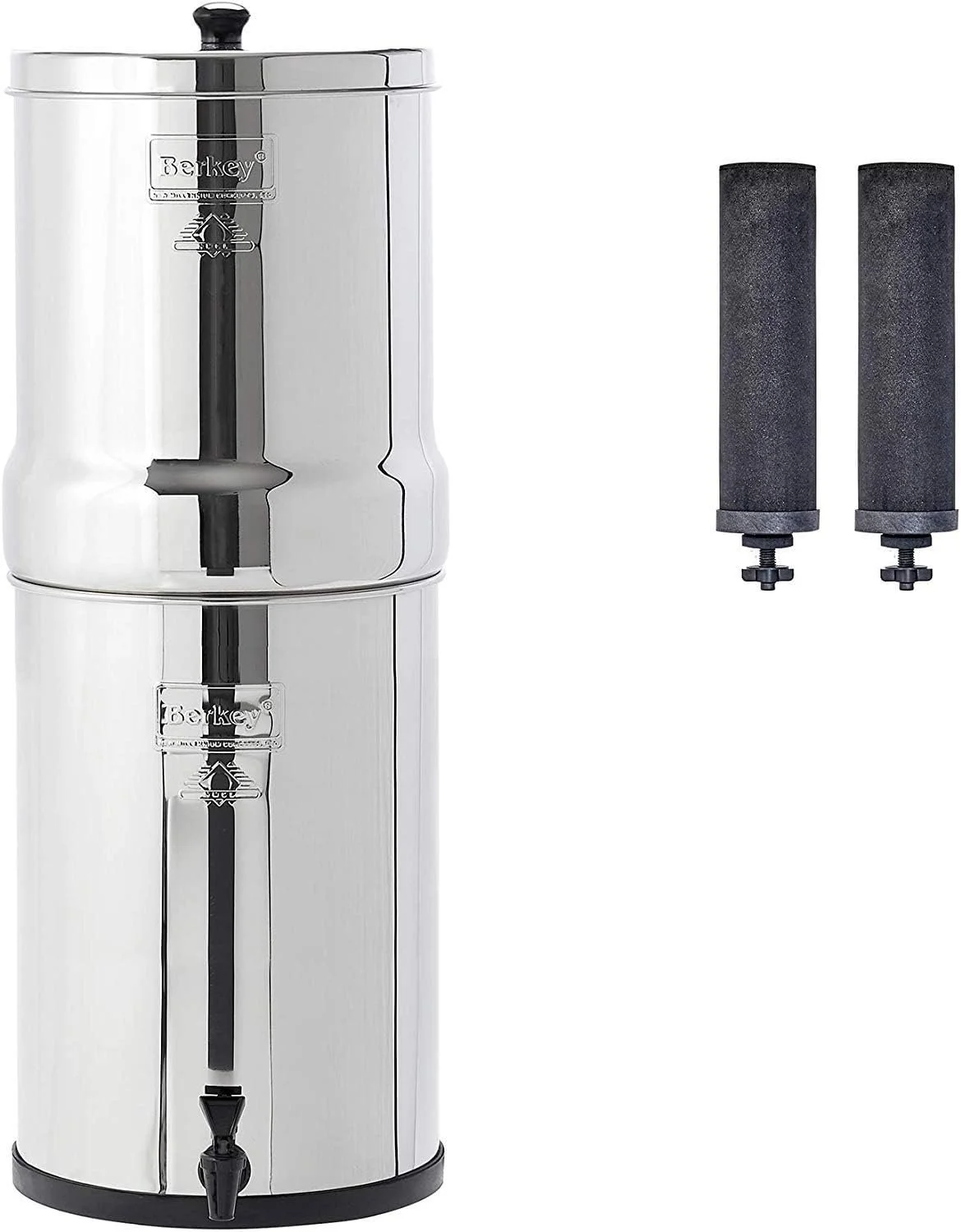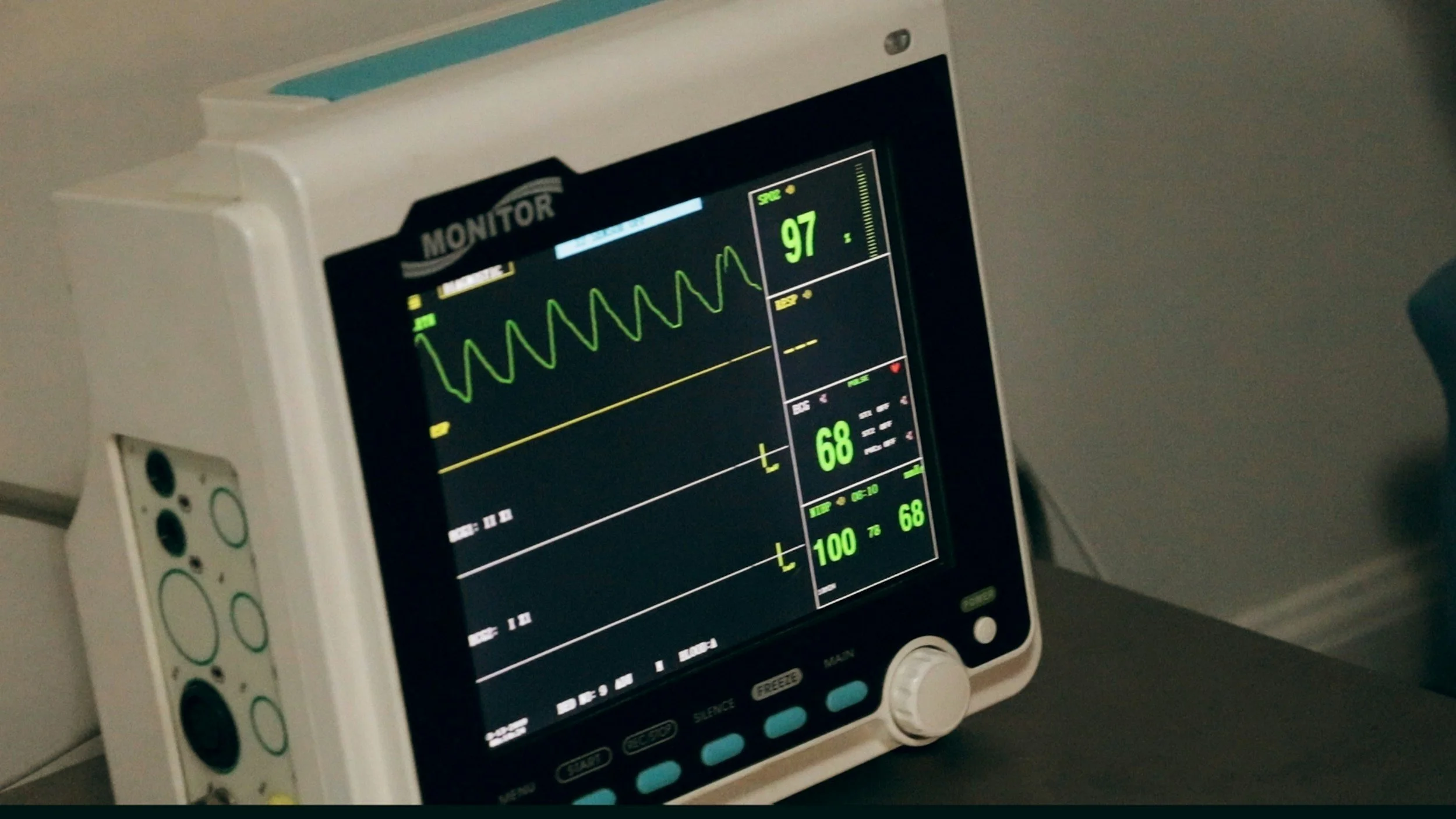Unlocking Gut Health
/Unlocking Gut Health: The Benefits of the GI-MAP Test from Diagnostic Solutions
In the realm of functional and integrative medicine, understanding the intricacies of gut health is paramount. The GI-MAP (Gastrointestinal Microbial Assay Plus) test by Diagnostic Solutions Laboratory stands out as a comprehensive tool designed to provide deep insights into the gastrointestinal microbiome. Utilizing advanced quantitative PCR (qPCR) technology, the GI-MAP offers clinicians and patients a detailed analysis of gut pathogens, beneficial microbes, and overall intestinal health.
What is the GI-MAP Test?
The GI-MAP is a DNA-based stool analysis that employs qPCR to detect and quantify a wide range of microorganisms in the gut. Unlike traditional culture methods, qPCR allows for the precise measurement of microbial DNA, offering high sensitivity and specificity in identifying pathogens, commensal bacteria, fungi, viruses, and parasites. This level of detail aids in diagnosing conditions such as irritable bowel syndrome (IBS), inflammatory bowel disease (IBD), and small intestinal bacterial overgrowth (SIBO) .
Key Benefits of the GI-MAP Test
1. Comprehensive Pathogen Detection
The GI-MAP test identifies a broad spectrum of gastrointestinal pathogens, including:
Bacterial pathogens (e.g., Clostridium difficile, Salmonella)
Viral pathogens (e.g., Norovirus)
Parasitic pathogens (e.g., Giardia lamblia, Entamoeba histolytica)
Fungi/Yeast (e.g., Candida species)
By quantifying these organisms, clinicians can determine the clinical relevance of each pathogen, facilitating targeted treatment strategies .
2. Assessment of Digestive Function
Beyond pathogen detection, the GI-MAP evaluates markers indicative of digestive efficiency, such as:
Pancreatic elastase-1: Reflects pancreatic enzyme output
Steatocrit: Indicates fat malabsorption
β-glucuronidase: Associated with detoxification processes
These markers help identify issues like enzyme insufficiency or malabsorption, which can contribute to gastrointestinal symptoms .
3. Immune System Insights
The test measures immune markers, including:
Secretory IgA (sIgA): The first line of immune defense in the gut
Anti-gliadin IgA: Associated with gluten sensitivity
Eosinophil activation protein: Linked to allergic responses.
Evaluating these markers provides insights into mucosal immunity and potential food sensitivities .
4. Inflammation and Intestinal Permeability
Inflammatory markers assessed include:c
Calprotectin: A marker for neutrophil-driven inflammation
Monitoring these markers assists in identifying inflammatory processes and compromised gut barrier function .
5. Personalized Treatment Planning
The quantitative data from the GI-MAP allows for the development of individualized treatment protocols. By understanding the specific microbial imbalances and functional impairments, practitioners can tailor interventions, including dietary modifications, probiotics, antimicrobials, and lifestyle changes .
Who Can Benefit from the GI-MAP Test?
The GI-MAP test is beneficial for individuals experiencing:
Chronic gastrointestinal symptoms (e.g., bloating, diarrhea, constipation)
Autoimmune conditions (e.g., Hashimoto's thyroiditis, rheumatoid arthritis)
Skin disorders (e.g., eczema, psoriasis)
Mood disorders (e.g., anxiety, depression)
Metabolic issues (e.g., obesity, insulin resistance)
By uncovering underlying gut imbalances, the GI-MAP aids in addressing systemic health concerns linked to the gastrointestinal tract .
Conclusion
The GI-MAP test by Diagnostic Solutions Laboratory offers a comprehensive and precise analysis of gut health, enabling clinicians to identify and address the root causes of various health issues. Its advanced qPCR technology provides accurate, quantitative data, facilitating personalized treatment strategies aimed at restoring gastrointestinal balance and overall well-being































